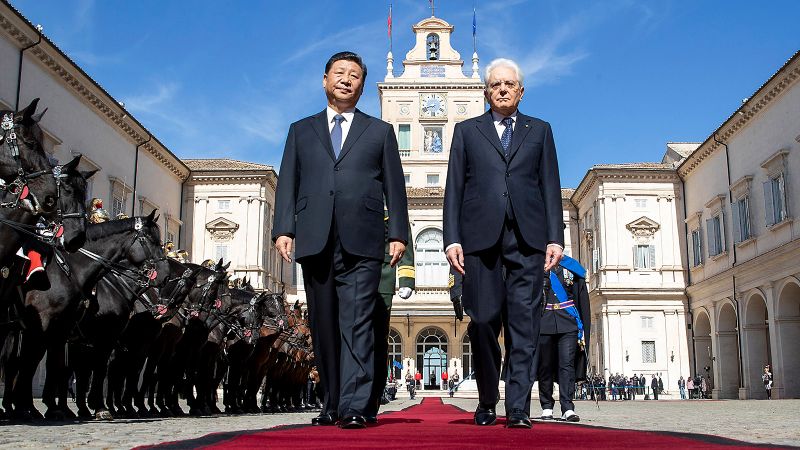
Chinese President Xi Jinping embarked on a six-day European tour starting in France on May 5, 2024. The visit aimed to strengthen economic ties and diplomatic relations with Europe, as well as to avert the possibility of a trade war between China and the European Union (EU).
Xi's first stop was in France, where he met with French President Emmanuel Macron. Macron called for an update of France's economic ties with China, seeking more reciprocity for better economic security. The two leaders discussed various topics including trade, investment, and climate change.
During his visit to Serbia on May 6, Xi attended the 25th anniversary celebration of the Chinese Embassy bombing in Belgrade during the Kosovo war. This incident strained relations between China and NATO. Xi's presence at this event was seen as a way to address historical grievances and demonstrate China's growing influence in Europe.
In Hungary, Xi announced significant investments in renewable energy projects, including a nearly $8 billion EV battery plant in Debrecen. This marked China's largest-ever foreign direct investment in Hungary.
Despite the positive developments during Xi's European tour, tensions between China and the EU remained. The EU had launched trade probes into Chinese wind turbines and procurement of medical equipment, raided offices of a Chinese security equipment maker as part of an investigation into subsidies, and arrested or charged at least six people for alleged espionage and related crimes linked to China.
Xi may have also sought to position China as a peace broker in the Ukraine war during his meetings with European leaders. However, the EU was pushing to address perceived trade distortions before the upcoming parliamentary elections in June.


